
As educators, we realise that teaching should not be confined to classrooms or campuses. That is why off-campus activities are an indispensable part of our curriculum. They provide our pupils the opportunity to apply their acquired knowledge in the real world. Current pandemic prevention and control measures have limited the scope in which we can operate these kinds of outings. Nevertheless, we have been seeking out every available opportunity to enrich our pupils outside the classroom, in spite of the limitations placed on us.

Human activity is pushing our oceans to the brink of an ecological crisis. Marine litter has become the most severe problem, prompting us to ask How we can do our part to save our oceans? This is a common topic of discussion in our classrooms, and it has inspired our pupils to come up with many creative, practical solutions. To this end, grade 6 pupils participated in their first eagerly awaited off-campus activity this semester, cleaning up the beach at Nanhui Donggang. Before the outing, the pupils had a lesson in which they learned about the adverse effect that marine litter has on this delicate ecosystem and just how important cleaning up our beaches is.
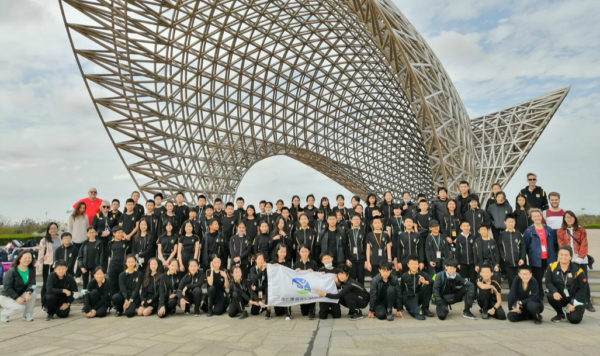
Within an hour and a half, 88 pupils and teachers picked up 1454 pieces of plastic, foam, glass, building materials and much more. The total haul weighed at 121.06 kg, the equivalent weight of 61 black-faced spoonbill birds.
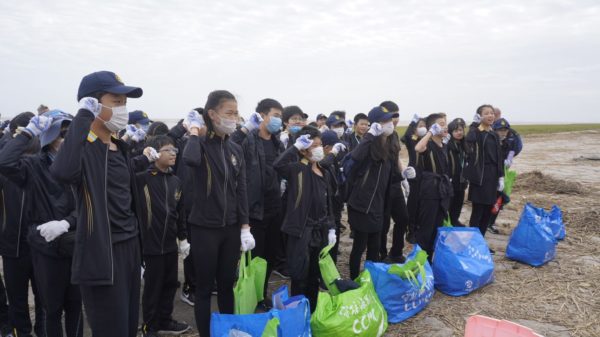
Pupils learned first-hand just how much garbage people produce in their daily lives and how much of it ends up in the ocean. When asked what they can do to reduce the amount of marine litter, many pupils agreed that lots of small efforts can make a big difference. This inspired them to think twice about ordering takeout food or how they dispose of batteries.

For our grade 7 pupils, the Shanghai Natural History Museum was an excellent place to learn about our delicate ecosystems and our place within them. They toured the museum's many sections.
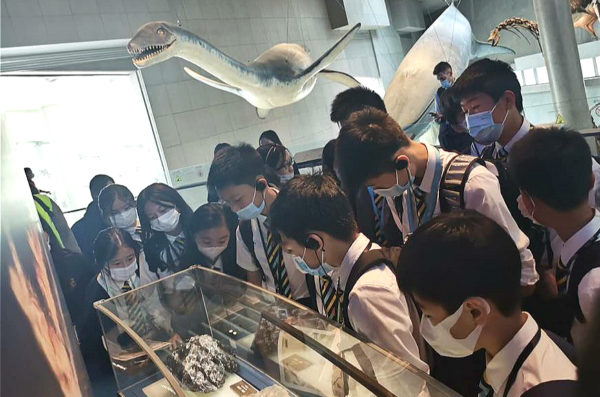
Starting in the 'Mystery of Origin' section, they learned about the origins of the universe, earth and life. Following that, they learned how life has adapted and developed in the museum's 'Evolution Path' section. The tour concluded in the 'Biodiversity' section, where they learned about the earth's seven ecosystems and humanity's relationship to nature.
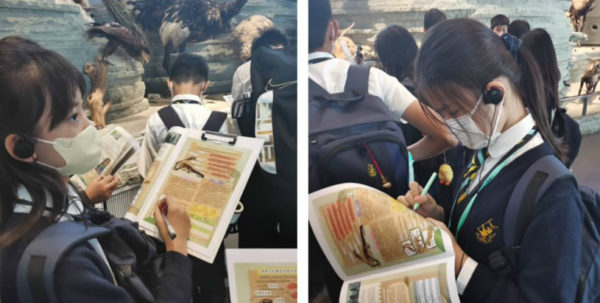
The pupils had come to the museum already equipped with a basic understanding of the origins of life, which primed them for further academic enquiry on this tour. Under the guidance of science teachers, they listened to instructions carefully and interacted with teachers when appropriate. “Eventually, they finished their task papers based on ideas gained from this inspirational tour.” Our pupils made sure to practise the Huili Values of respect even when finishing their tasks during the prescribed time.
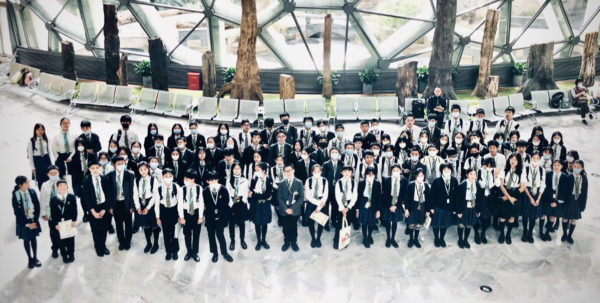
They were exceptionally well behaved and talked quietly among themselves so as not to disturb other museum guests. We will continue to seek opportunities to explore the world outside the classroom. Taking our pupils on such outings is a powerfully enriching educational tool. Practical, real world experience reinforces what they have learned in class, ensuring they will progress in leaps and bounds.